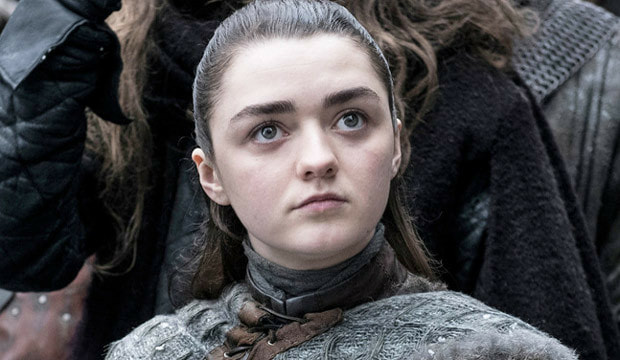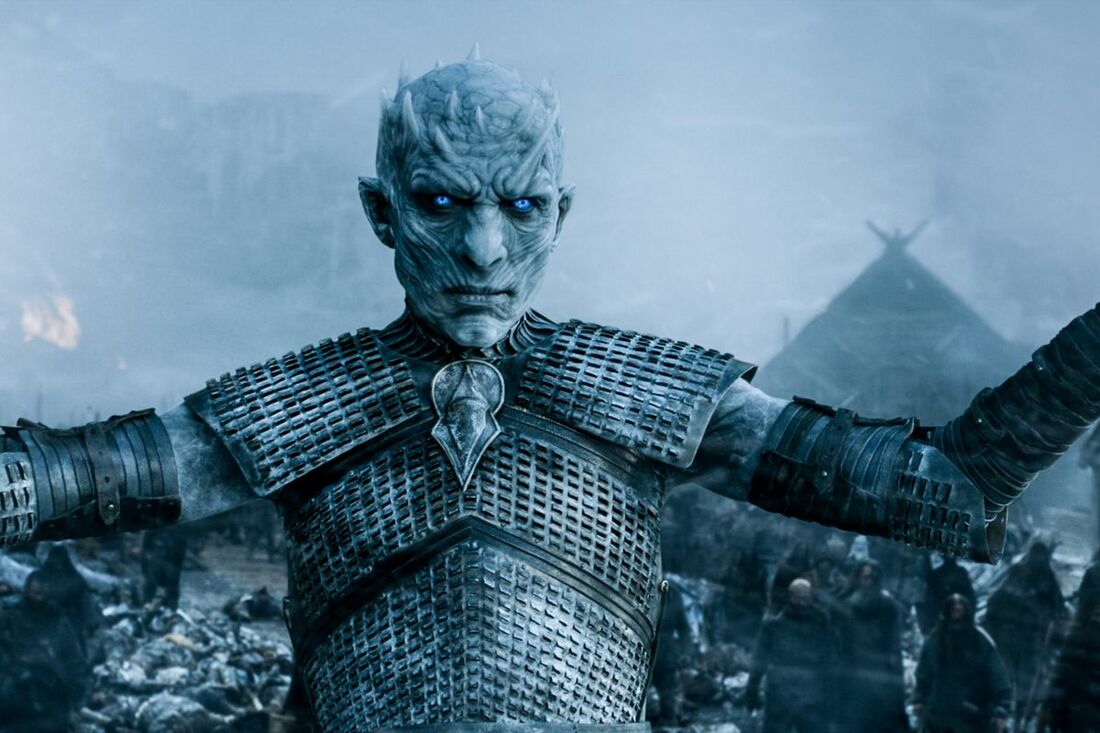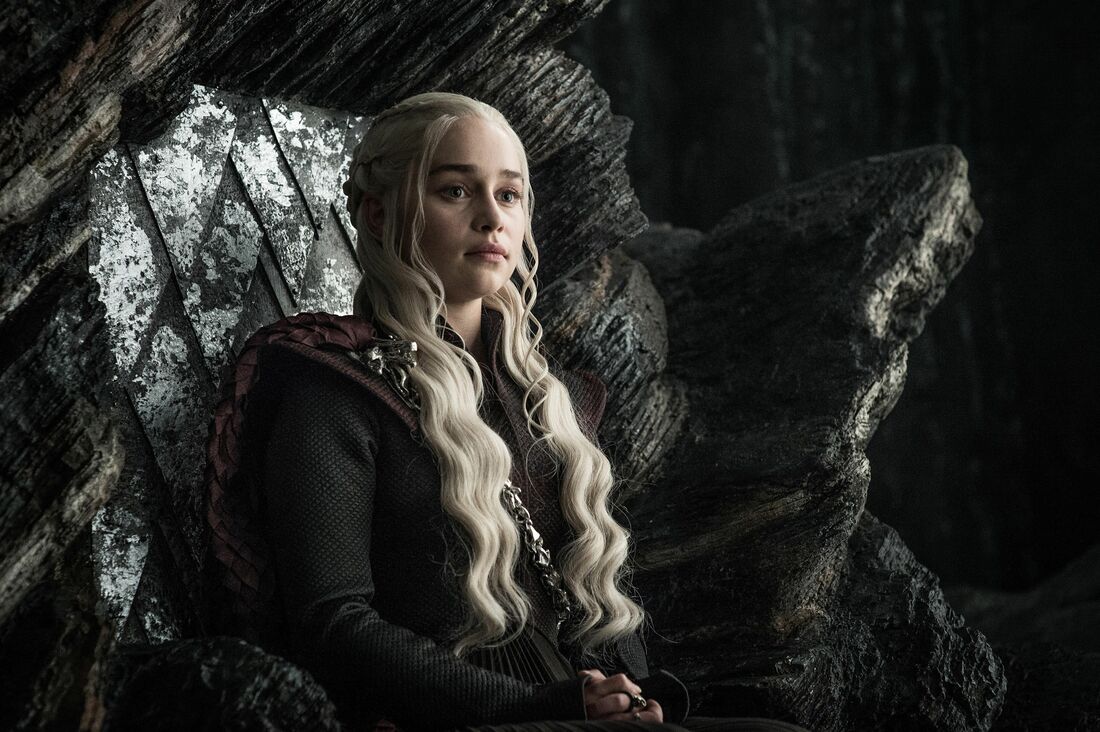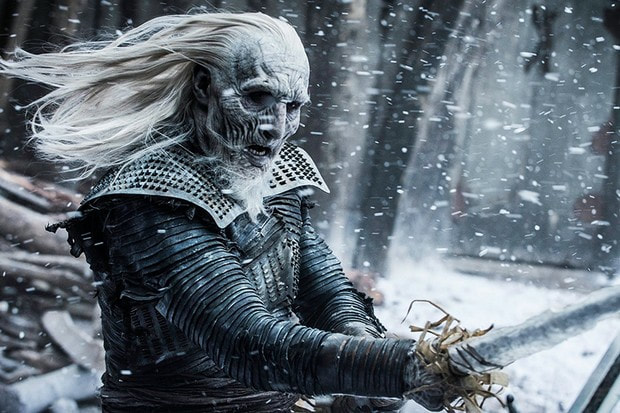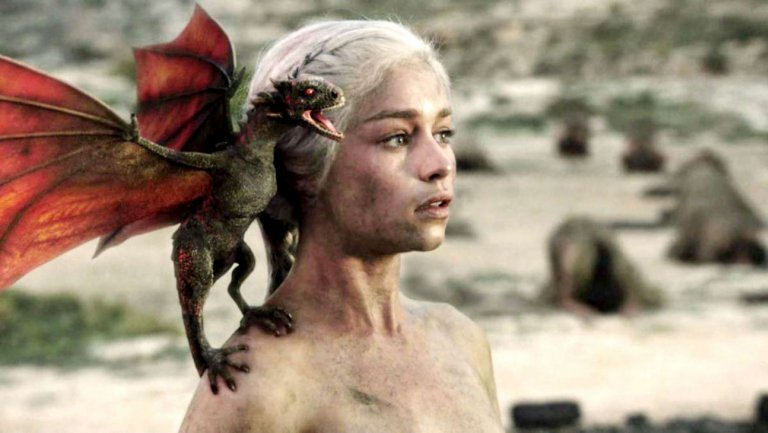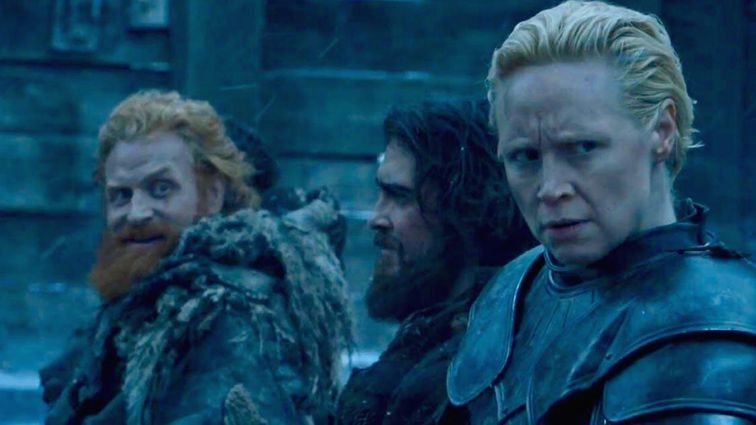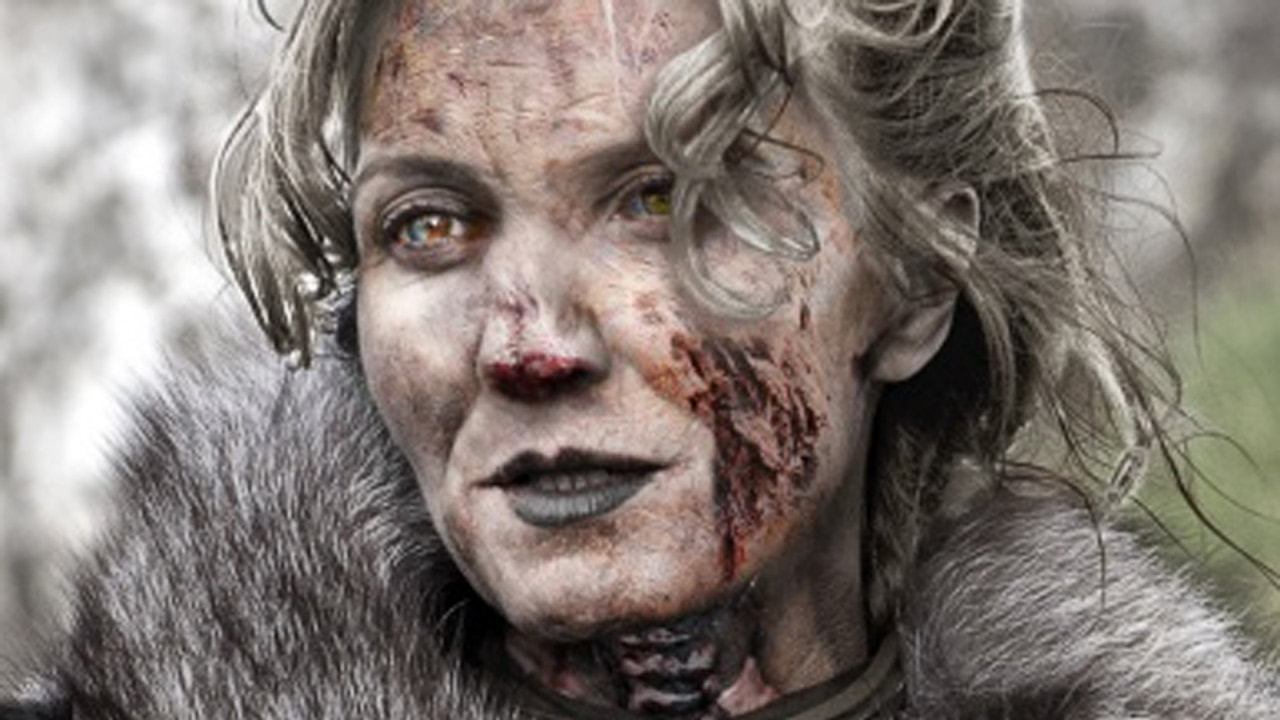Game of Thrones
The Spiritual and Religious Side
"Martin and the creators of the HBO series have tapped into something important in the current cultural milieu. In the midst of the violence and carnage in the contemporary world, a reality all too often enabled by the complicity of religious institutions, there emerges a nobility, a better way." (David Penchansky)
"It's not easy to find the tender God of process theology in Game of Thrones, but it is easy to understand that, if we are to walk with the tender God, we must embrace the fulness of the human experience, seeing beauty where there is beauty, with hints of a better way." (Jay McDaniel)
"It's not easy to find the tender God of process theology in Game of Thrones, but it is easy to understand that, if we are to walk with the tender God, we must embrace the fulness of the human experience, seeing beauty where there is beauty, with hints of a better way." (Jay McDaniel)
Spirituality in Game of Thrones
|
|
If you think spirituality has something to do with qualities of heart and mind such as imagination, questing, yearning, a sense of wonder, and adventure, then there is a lot of "spirituality" in Game of Thrones. The same applies if you think there is something like spirituality in the virtues of knighthood: honesty, bravery, and nobility.
But you may also recognize that these qualities of heart and mind can go astray when channeled in directions of violence and fanaticism. If you are already inclined to be suspicious of religion, except maybe those that are earth-based and non-violent, then watching Game of Thrones may lend support your view that religion and perhaps especially organized monotheism. with its insistence on One God-One Way-Our Way, has too often moved in these directions. This is the religion of the Lord of Light in Game of Thrones. The Lord of Light, says Dani Diplacido below, is death with a pretty face. * It may also strike you, in the words of David Penchansky, a biblical scholar, that "The most positive and sympathetic characters in the narrative are among those whose loyalty is to no religion." * Some will tell you that Game of Thrones is primarily entertainment and, more specifically, about "gratuitous violence and sexual relations of all configurations—man on woman, man on man, sorceress on man, brother on sister." Still, says Penchansky, there are hints of a nobler and more chivalric way of living in the world. "In the midst of the violence and carnage in the contemporary world, a reality all too often enabled by the complicity of religious institutions, there emerges a nobility, a better way." * What is this better way? Open and relational theologians will articulate it in monotheistic terms, speaking of it as the way of noncoercive kindness and compassion. They will imagine the true Lord of Light, not as a vengeful king on a throne but as Christ-like spirit, embracing the whole of creation. Yes, there will be evil in the world, but the Lord's manner of combatting evil will be, in the language of Thomas Oord, kenotic love. It is what another theologian, John Caputo, calls the weakness of God. Such weakness really has no place in the medieval fairy-land of Game of Thrones, and this is part of the series’ beauty. Game of Thrones is about warring societies not tender societies, and you can’t help but feel that there’s something “noble” in such societies. Maybe it’s just honesty and bravery. But maybe it's also a zest for life. * There is more to a walk with God than love. Not less but more. It is to embrace the many ways of being human without fear: seeing whatever beauty there is in them without insisting that they conform to your own standards. In such openness God is present, like a dragon on your shoulders. |
Not the God of Process Theology -- the Big Red God, R'hllor
|
"I’m beginning to suspect that the Lord of Light (R’hllor)is not on the side of life, but a god of war, a bit like Wonder Woman’s Ares. This would explain his seemingly contradictory actions thus far, especially his intention to put a powerful weapon in the hands of the Night King. He wants the ensuing war to be as violent and destructive as physically possible, and the victor is irrelevant...Perhaps the Faceless Men are right when they say that there is only one god, and he has many faces. I think the Lord of Light has been death the whole time, disguised behind a particularly pretty face." (Dani Diplacido, Forbes Magazine, Augus 21. 2017)
|
"Belief in R’hllor is strict and absolute, as all other gods and religions are considered false. When we first meet the red priestess Melisandre, she’s burning the Seven in effigy, and so-called blasphemers have been maimed and killed for opposing the Lord of Light....While belief in R’hllor is considered a monotheistic religion, it’s also dualistic in nature. Much like the war between Judeo-Christian figures God and Lucifer, the belief is that R’hllor has been in an everlasting battle with the Great Other, an evil god of ice and death." (Beth Elderkin, i09) |
Three Gems of Wisdom from Game of Thrones
Extended excerpts from a Review by David Penchansky
professor of Hebrew Bible at the University of St. Thomas
A Quasi-Medieval, Mythical World
|
Sample of Religions in
|
